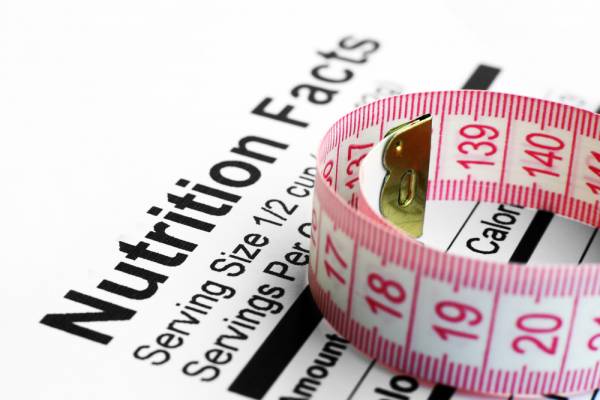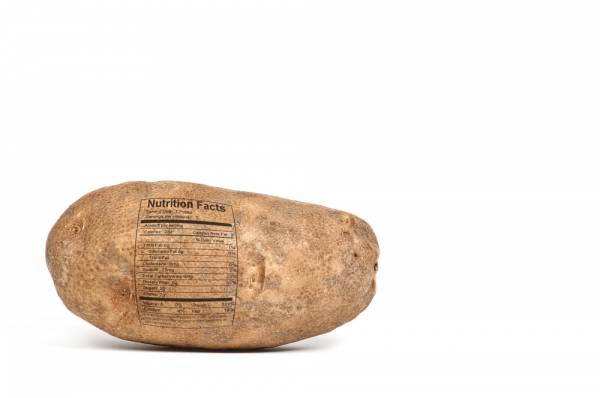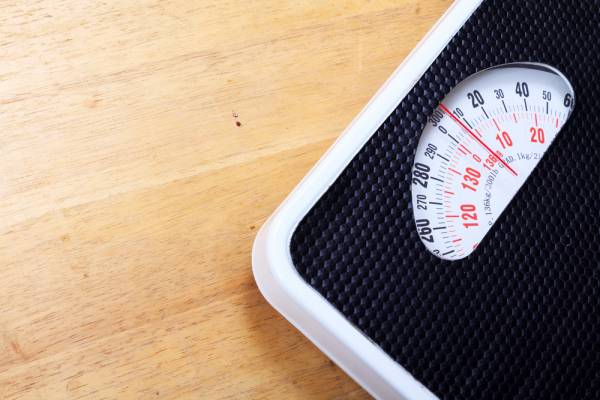Back in 1998, way before I had any inclination to make nutrition a career, I was an overweight college student. When life finally saw fit to get me into the gym, I fell into a routine consisting of daily 6:00 AM workouts for an entire summer. Each morning I would walk 10 minutes to the gym, lift weights for about 45 minutes, hit the stairmaster for 30 minutes, and walk home.
Once I arrived back at my apartment, my post-workout meal consisted of a can of tuna fish and a can of green beans. EVERY DAY. For three months. The result? I lost 50 pounds. No big deal.
To this day I have no idea what I used to eat before my workouts, only that when I got home it was a can of tuna and a can of green beans. Considering the ungodly early hour, I would imagine that I trained fasted (how innovative, right?). I had unknowingly established a perfect storm for fat-burning, muscle-building mayhem. In other words, I had dialed in my nutrient timing.
Nutrient Timing: Pre- and Post-Workout Shenanigans
Like many, I was confused about what to eat before and after my workouts. I tried protein shakes, and even once made the mistake of eating a whole plate of pasta an hour before lifting (bad idea). I was completely ignorant of the intricacies of carbohydrate and protein metabolism, but tuna and green beans turned out to be an effective system. Obviously, I was doing some other things right in the diet department, like reducing my overall daily calories, but by incorporating protein after my workout I was also supporting muscle growth.
Are you like I was – a bit confused about what to eat before and after a workout? Are you frustrated by conflicting information regarding what and when to eat? Read on for some best practices when it comes to fueling your body before and after training.
What you may have heard:
- It’s important to eat immediately after you work out (and certainly within an hour).
- You must eat protein and carbohydrates before and after or suffer the consequences.
What’s really going on:
The immediacy of the post-workout window is only essential if you’re an endurance athlete (and/or are an athlete training several times per day). If that’s you, then carbohydrates are your friend. On other hand, for those of us engaging in more resistance-based training, it’s most important to make sure  that by the end of the day we’ve consumed our total allotted amount of calories, protein, carbs, and fat, rather than worry as much about what exactly we get before and after a workout.
that by the end of the day we’ve consumed our total allotted amount of calories, protein, carbs, and fat, rather than worry as much about what exactly we get before and after a workout.
In addition, much of what we eat before and after (during, even) will be determined first by our own personal preference, food tolerance, and experience, and second by our athletic or aesthetic goals.
Keep in mind that the primary goals of pre- and post-workout nutrition are to:
- Enhance athletic performance (i.e. improve stamina, mental focus, and physical power).
- Positively affect body composition (e.g. assist in recovery for building muscle, minimizing muscle damage, losing weight).
Here’s the rub: Remember, pre- and post-workout nutrition isn’t a one-size-fits-all scenario. It can vary depending on the particular type of activity (e.g. endurance versus strength/power) as well as duration and time-of-day.Endurance athletes have different nutrient requirements than strength/power athletes and even recreational exercisers.
Let’s talk some numbers. My favorite resource for pre-and post-workout nutrition is Alan Aragon’s excellent Research Review. He has put together a series of sensible and evidenced-based guidelines for estimating the best approach to eating before, during, and after a workout. He’s done a bang-up job of analyzing the body of research on nutrient timing, and I strongly recommend you check him out if this is your thing.
Recommendations for Endurance Sports
Examples: Long-distance track and cycling events, marathons, hybrid sports like basketball, soccer, MMA, possibly Crossfit
Top Macronutrient: Carbohydrates for replenishing muscle glycogen, maintaining stamina and energy during event
- 2-4 hours pre/post: balanced, full meal consisting of carbs and protein, 0.2-0.25 g/lb target bodyweight for both protein and carbs
- During (for every hour of endurance activity): liquids or gels, 8-15 g protein, 30-60 g carb
- 30-60 minutes pre/post: liquid or semi-liquid carbs for easy digestion, 0.2-0.25 g/lb target bodyweight for both protein and carbs
Endurance activities are events lasting at least 60 minutes. Due to the sub-maximal but prolonged nature of these sports, muscle glycogen tends to get very depleted. Therefore, these athletes require a significant daily amount of carbohydrates to maintain energy levels, stamina, and replenish muscle and liver glycogen levels.
 The importance of specific nutrient timing is most important with endurance athletes, as these types of individuals will experience the most drastic decrease in nutrient availability during their activity. Protein, while useful for minimizing protein loss, is not as essential in the moment for these athletes, and therefore is not as emphasized as carbohydrates in the context of nutrient timing.
The importance of specific nutrient timing is most important with endurance athletes, as these types of individuals will experience the most drastic decrease in nutrient availability during their activity. Protein, while useful for minimizing protein loss, is not as essential in the moment for these athletes, and therefore is not as emphasized as carbohydrates in the context of nutrient timing.
Recommendations for Strength/Power Sports
Examples: Olympic weightlifting, football, powerlifting, bodybuilding, throwing events in track and field, etc.
Top Macronutrient: Protein for optimizing muscle recovery and growth and minimizing muscle damage
- 2-4 hours pre/post: balanced, full meal consisting of carbs and protein, 0.2-0.25 g/lb target bodyweight for both protein and carbs
- 30-60 minutes pre/post: liquid or semi-liquid protein and carbs for easy digestion, 0.2-0.25 g/lb target bodyweight for both protein and carbs
Strength/power sports are characterized by repeated bursts of short, intense activity. While the event may last longer than a couple of hours, the total amount of actual work done is usually around 45-60 minutes. Based on this length of time, and the activities involved in these types of sports, muscle glycogen is not depleted to the extent of endurance sports. Most recreational exercisers tend to fall into this category as well.
Therefore, protein is important for supporting strength and muscle growth while minimizing muscle damage and loss. Carbohydrates are important, but less so, and are generally taken care of by meeting total daily calorie and macronutrient goals.
Recommendations for Weight-Loss
For recreational exercisers, or those looking to shed a few pounds, the most important thing to keep in mind is that you establish a calorie deficit. In other words, you must burn more calories than you bring into your body. Create a calorie deficit first, and then worry about dialing in your pre- and post-workout nutrition.
 Using the carbohydrate and protein guidelines above can be effective for supporting the recovery from training, but they’re always secondary to meeting your overall calorie and macronutrient guidelines. Once that is established, nutrient timing is going to come down to personal preference. If you feel bloated and nasty when eating too close to a workout, next time create a bigger window between the pre-workout meal and the actual workout.
Using the carbohydrate and protein guidelines above can be effective for supporting the recovery from training, but they’re always secondary to meeting your overall calorie and macronutrient guidelines. Once that is established, nutrient timing is going to come down to personal preference. If you feel bloated and nasty when eating too close to a workout, next time create a bigger window between the pre-workout meal and the actual workout.
Closing Thoughts
Remember, nutrient timing will not make or break your athletic goals unless you’re an endurance athlete. Everyone else, look to meeting your daily calorie and carb/protein goals first and then dial in your pre- and post-workout nutrition based on how it best fits into your lifestyle and schedule. If you train first thing in the morning, you don’t have to eat. Get your nutrients after.
As always, nutrition when it comes to sports can be a tricky beast, but it need not make you a crazy person or ruin your life. Use common sense, follow the guidelines listed here, and listen to your body.
Feel free to leave comments and questions below.
Photos courtesy of Shutterstock.






